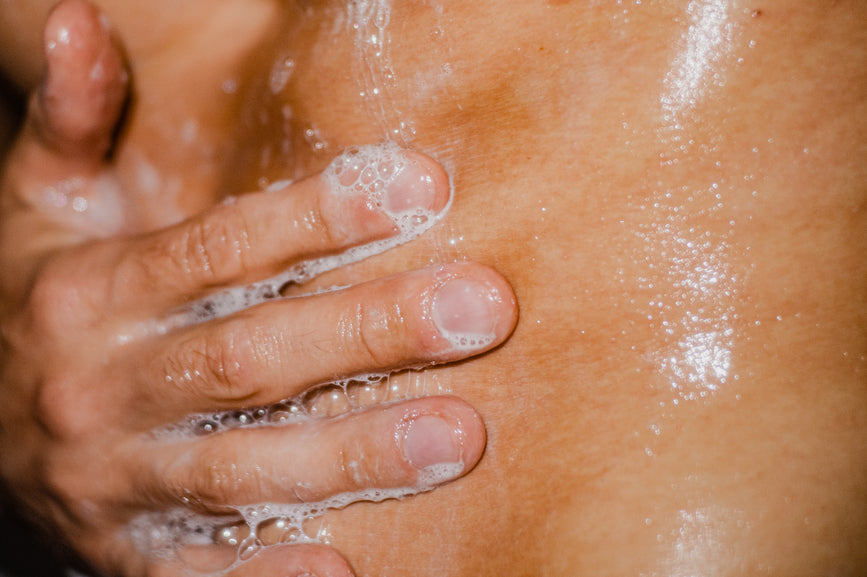
How daily stress can literally get under your skin
by Brandi Leifso
·
In a world where stress seems to be a constant, it's not just our mental health that bears the brunt; our skin is on the frontlines too. The link between stress and skin is more than anecdotal – it's deeply rooted in science.
The Hormonal Havoc: Cortisol's Role
At the heart of the stress-skin axis is cortisol, often dubbed the 'stress hormone.' Under stress, our adrenal glands pump out cortisol, setting off a domino effect in the body. One significant impact of cortisol is its ability to increase skin's oil production, leading to acne breakouts (Zouboulis, C.C., 2009). Moreover, elevated cortisol levels can degrade collagen and elastin, the proteins that keep your skin firm and elastic (Varani, J., et al., 2004), potentially speeding up the aging process.
Inflammation and Immune Response
Stress doesn't just stop with cortisol; it also fires up the body's inflammatory pathways. Chronic stress leads to a sustained inflammatory response, which can exacerbate skin conditions like eczema, psoriasis, and rosacea (Dhabhar, F.S., 2009). This inflammation can also impair the skin's barrier function, making it more susceptible to irritants and allergens (Aberg, K.M., et al., 2007).
The Impact on Skin Hydration
Another facet of the stress-skin saga is hydration. Stress can diminish the skin's ability to retain moisture, leading to dehydration, a dull complexion, and accentuated fine lines (Chen, Y., & Lyga, J., 2014). This is partly due to the compromised skin barrier function under stress, which allows more moisture to escape.
Psychological Stress and Wound Healing
Fascinatingly, studies have shown that stress can even slow down the skin's healing process. A landmark study by Kiecolt-Glaser et al. (1995) found that the skin wounds of stressed individuals took about 40% longer to heal than those of their less-stressed counterparts 😯
Counteracting the Effects
So, what can you do to mitigate stress's impact on your skin?
-
Mindfulness and Stress Reduction: Engaging in mindfulness practices like meditation can significantly lower cortisol levels
-
Skincare that Supports: Products containing hyaluronic acid can help boost hydration, while antioxidants like vitamin C can combat stress-induced free radical damage.
-
Healthy Lifestyle: Regular exercise, balanced nutrition, and adequate sleep are crucial. Exercise, for instance, has been shown to decrease cortisol levels
-
Professional Help: Don’t hesitate to seek help if stress becomes overwhelming. Therapy and counseling can be invaluable tools.
Understanding the intricate relationship between stress and skin health is key. It’s clear that our skin is not just our body’s shield but also a mirror reflecting our inner emotional and psychological battles. By taking proactive steps to manage stress, we're not just taking care of our minds but also our skin. In the world of skincare, managing stress might just be the most effective product you can 'apply.' Remember, when it comes to stress, it's more than skin deep.
